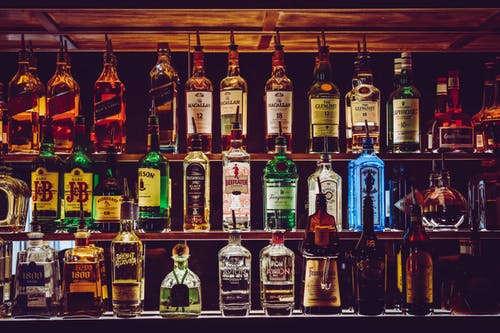Alcohol abuse is one of the very popular substance abuses that often engage teenagers and adults. In some parts of the world, people see alcohol as relief from social pressure and work stress. Some people take alcohol like others take soft drinks and table water.
According to many health practitioners in the US and beyond, alcohol is a highly addictive substance that people should try to avoid.
Not to say that taking alcohol is outrightly wrong, but excessively taking it could result in grievous health and mental conditions. Some of the common downsides of taking alcohol are liver disease, delusion, abnormal blood pressure, cancer, brain disorder, and other mental and physical health illnesses.
As some people take alcohol to ease stress and cool tension, others abuse alcohol for various reasons.
Some of these reasons are:
Family history of drug abuse
About 50% of the norms, values, ideas that make us up are the things we learned as kids from our parents and those in our neighborhood. Having a father, brother, or close relatives that smoke is an alarming trigger for curiosity and the temptation to try. Most people who end up as chronic drug abusers take it up as behaviors while growing up and saw nothing wrong about doing it.
Peer pressure
Peer group influence is mostly found amongst young people. Teenagers and college students often get the pressure to take alcohol while hanging out with those who drink. It is only natural to feel left out when you see all of your friends doing what you think is abominable.
Keeping your cool and maintaining standards often don’t work in this situation. It is better not to stay around such friends than try to fight it.
Stress and Trauma
Stress is a psychological trigger that often gets people that are pressured at work and passing through so much life stress. Alcohol is a depressant that is capable of calming both the body and mind. It can be a way out of anxiety and intense emotional spike or breakdown.
Moreover, this will only lead to other complicating issues like addiction, withdrawal symptoms, alcohol dependence, trauma, and more.



